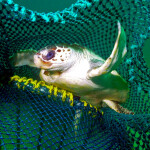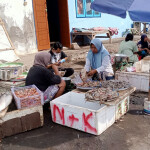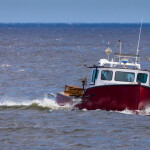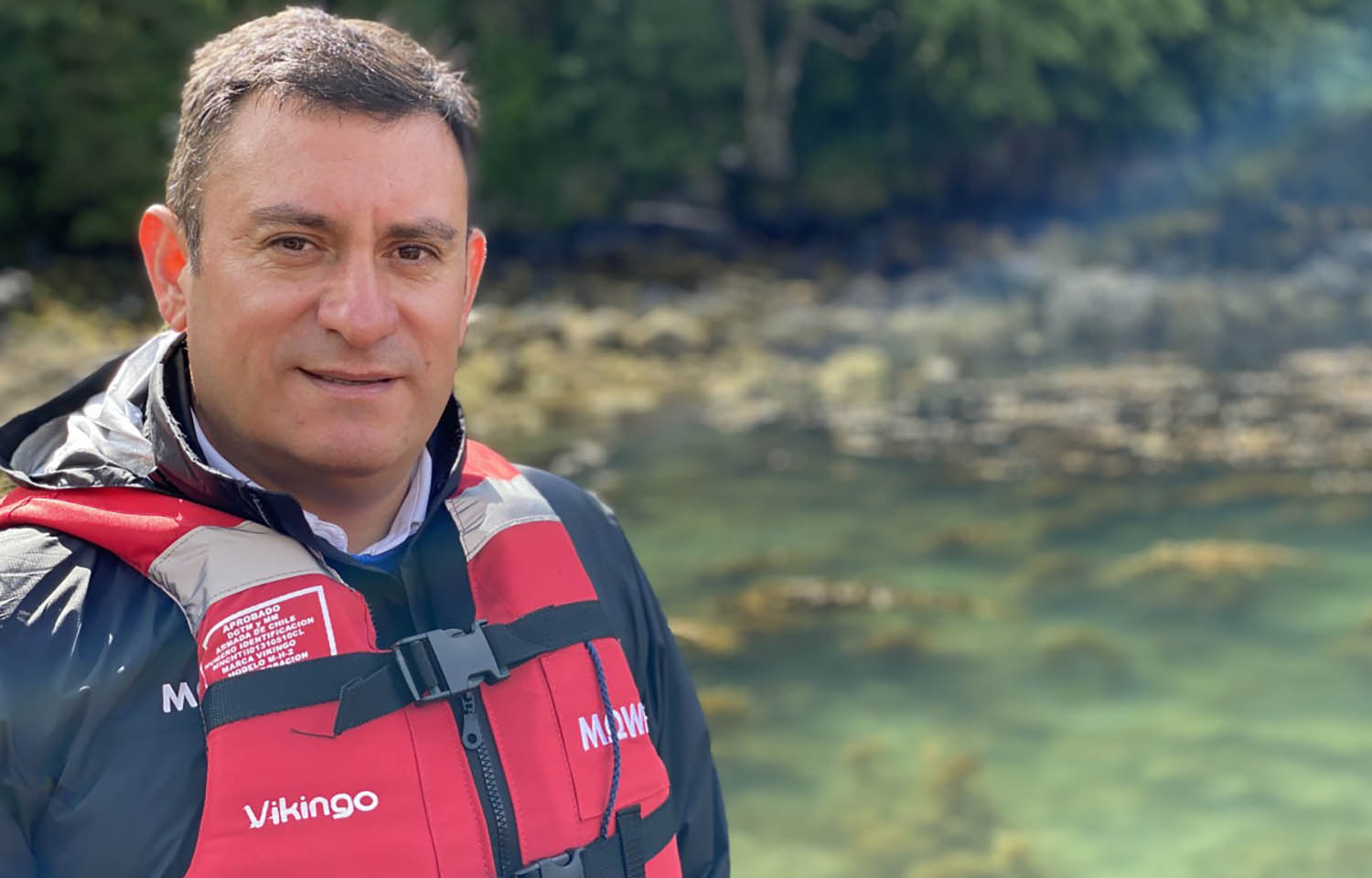Ambiguous and stringent regulations, as well as changing market preferences for fresh food products, have made Chile less competitive as a salmon-producing nation compared to other countries such as Norway, according to Mowi Chile CEO Fernando Villarroel.
Regulation of Chile’s salmon industry is often complex and strict, he told El Mercurio, which has limited the sector's growth and created a perception that the government does not favor it. That overregulation and lack of legal certainty has also made foreign investors think twice before pursuing the Chilean salmon industry, he said, which is an issue since the industry has intense working capital needs that require it to attract funding from abroad.
Salmon farmers such as Salmones Camanchaca and Salmones Aysén have previously questioned the legal uncertainty affecting operations in Chile. In response, the country’s executive branch has committed to presenting a new aquaculture bill by mid-2025, but salmon farming executives have expressed doubt in the validity of such legislation, saying they have felt neglected by a government that has not responded to their requests to participate in the process.
“If you aren’t able to explain the regulation in a simple way, the foreign investor is discouraged; that has been the most complex thing,” Villarroel said. “Having complex regulations that are difficult to understand has not encouraged foreign investment.”
Additionally, current market preferences lean toward fresh fish over frozen, which also means Chile is at a disadvantage given its distance from its principal market – the U.S. Norway can truck fresh fish to its main market – Europe – but Chile has to resort to airline transportation to send its fresh products abroad.
“All these things reduce competitiveness,” Villarroel said. “Ten years ago, in Chile, we had a competitive advantage compared to Norway. We’ve lost it, and today, we produce at the same cost, so their returns [in Norway] are much greater.”
The Mowi executive also criticized the highly questioned Lafkenche Law, calling it “a future threat and a risk to all activities that take place on the coast.”
The law was meant to recognize the territorial rights of Indigenous peoples in Chile, allowing them to request management over coastal areas, but that came to a head in February this year when a few dozen people from two Indigenous groups requested control of an area covering more than 620,000 hectares, home to over 300 aquaculture concessions.
Villarroel joined other salmon industry executives in calling for changes in the law.
“The spirit of the law, to protect the traditions of the native peoples, is laudable,” he said. “Most of the countries where we operate have similar regulations, but here, it has become a problem because it does not take into account the vision and plans of other users of the coastline, such as artisanal fishing, tourism, the port industry, and aquaculture. It is having an impact that was not the object of the law because the regulation has not been good enough or clear enough, and the law has probably also been misused.”
Still, the Mowi executive was upbeat about certain things …








